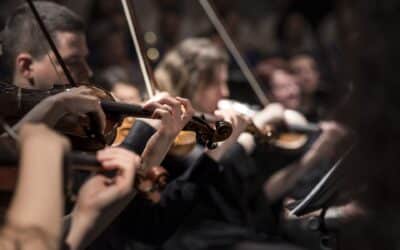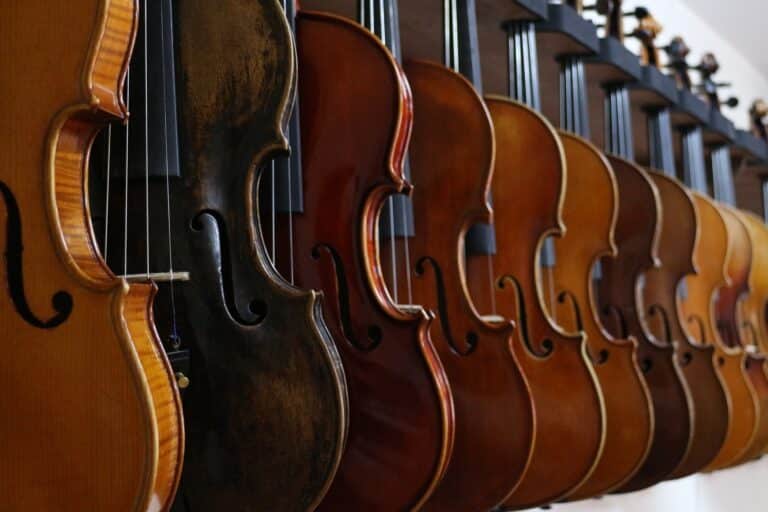The BBC has announced what Simon Webb, BBC head of orchestras and choirs has described as “an ambitious new strategy for classical music.”
Among the new plans is the closure of the Maida Vale Studios-based BBC Singers choir, meaning around 20 full-time redundancies, and a reduction in salaried posts across its English Orchestras – the BBC Symphony, BBC Concert Orchestra and Salford-based BBC Philharmonic – by around 20 per cent through a voluntary redundancy programme, with a greater focus on employing freelance musicians.
The BBC says the measures will “strengthen the BBC’s public purpose for classical music, delivering the best music to a wider audience, with a significant new investment in music education.”
Webb added in a piece for BBC Music Magazine: “These are challenging times financially, including for the BBC as a public service broadcaster as we carve out our role in a rapidly changing world. The BBC has a clear strategy, articulated as Value for All, and we all have a responsibility to find our way to deliver that strategy, to deliver for audiences across the UK.”
The BBC also restated its commitment to maintaining its five orchestras (the three previously mentioned plus one each in Wales and Scotland).
Charlotte Moore, BBC’s chief content officer, said in a statement: “This is the first major review of classical music at the BBC in a generation. This new strategy is bold, ambitious, and good for the sector and for audiences who love classical music.”
Voices within the music industry were not so positive, however. Deborah Annets, CEO of the Independent Society of Musicians, which represents 11,000 musicians, questioned the wisdom of making cuts to world-renowned services to invest in an already well-served field:
It is odd that @BBCMUSIC_ are cutting @BBCSingers and orchestral musicians which have a world reputation to invest in music ed where others already do brilliant work. A real risk of duplication and not understanding the issues at work in music ed @ISM_music https://t.co/vInq7uc8GM
— Deborah Annetts (@DeborahAnnetts) March 8, 2023
Liverpool-based opera singer and Liverpool City Region Music Board member Jennifer Johnston wondered where the savings made would be going:
I would like him to explain how closing the BBC Singers, one of the world’s top pro choirs, improves the quality of choral singing in the UK. And whether all the money that the BBC is saving will be ploughed back into classical music. — Jennifer Johnston (@jjohnstonmezzo) March 7, 2023
The Ivors Academy, home to the Ivors Awards for songwriters and composers, highlighted the damage the end of the BBC Singers would do to living composers:
The BBC’s new strategy for classical music makes for deeply alarming reading for composers and music creators across the UK and beyond.
@BBCSingers occupy a unique place in our nation’s musical life, performing new works by dozens of living composers each year.–Thread
— The Ivors Academy (@IvorsAcademy) March 8, 2023
BBC Singers member, baritone Jamie W Hall, added a personal dimension to the many reactions on social media, with his broken heart emoji probably saying just as much as the words he typed in response to the demise of the choir:
It has been my honour for the best part of 15 years, to be a small cog in a truly wonderful machine. The BBC Singers – its conductors, management team, associated composers and, most importantly, my amazing colleagues – has made me the musician and the person I am today. — — Jamie W. Hall (@JWHallBaritone) March 7, 2023
The BBC Symphony and Symphony Chorus will be relocated to East Bank, the new cultural quarter at the Olympic Park in Stratford, in 2025 under the plans. It will also house the BBC Concert Orchestra’s administrative base, ‘and discussions are ongoing to find a home for them outside the M25’. The BBC Philharmonic will remain at its current home in Salford, ‘alongside a raft of Radio 3 programmes which will move there in 2024–25’.












